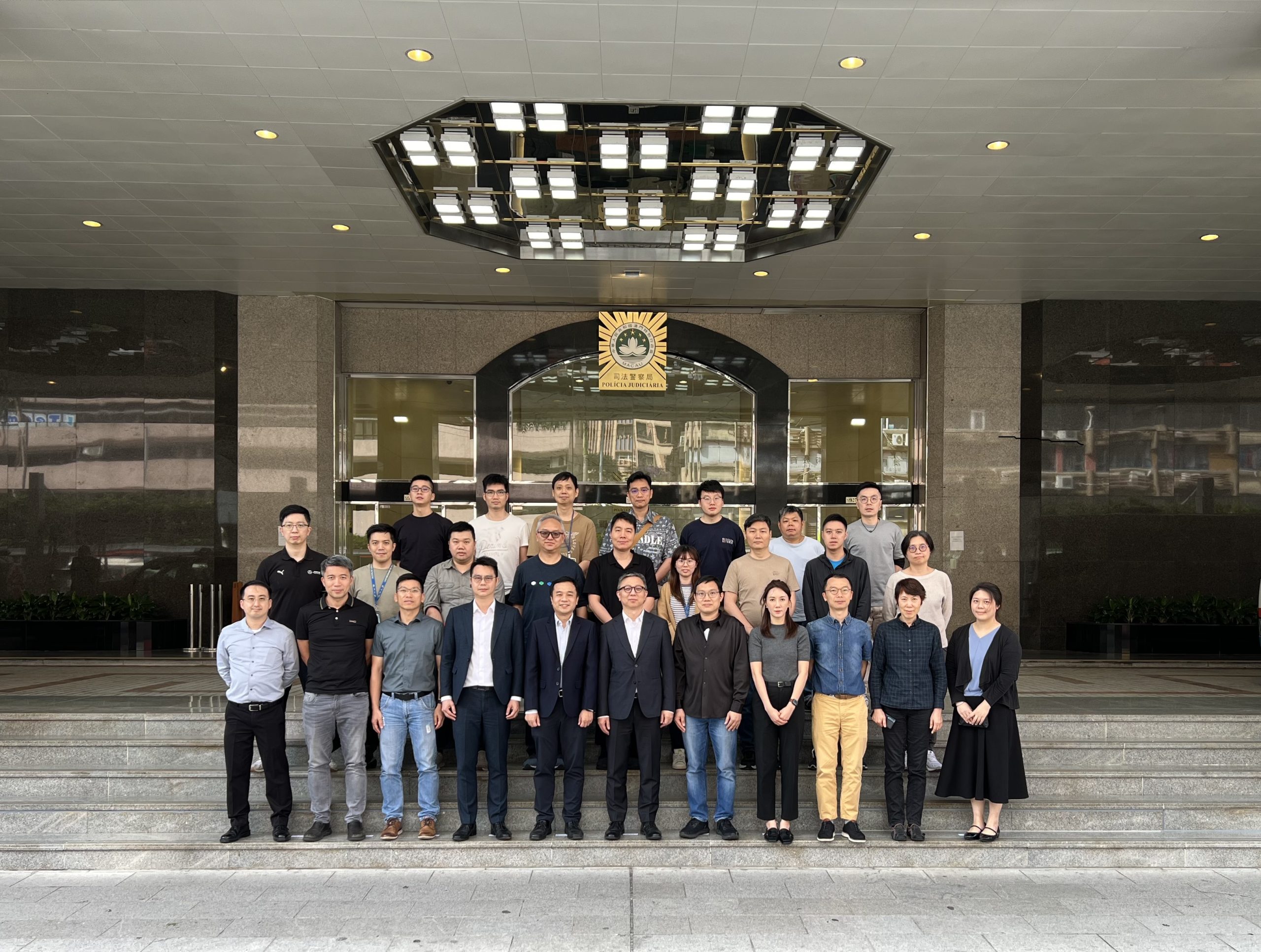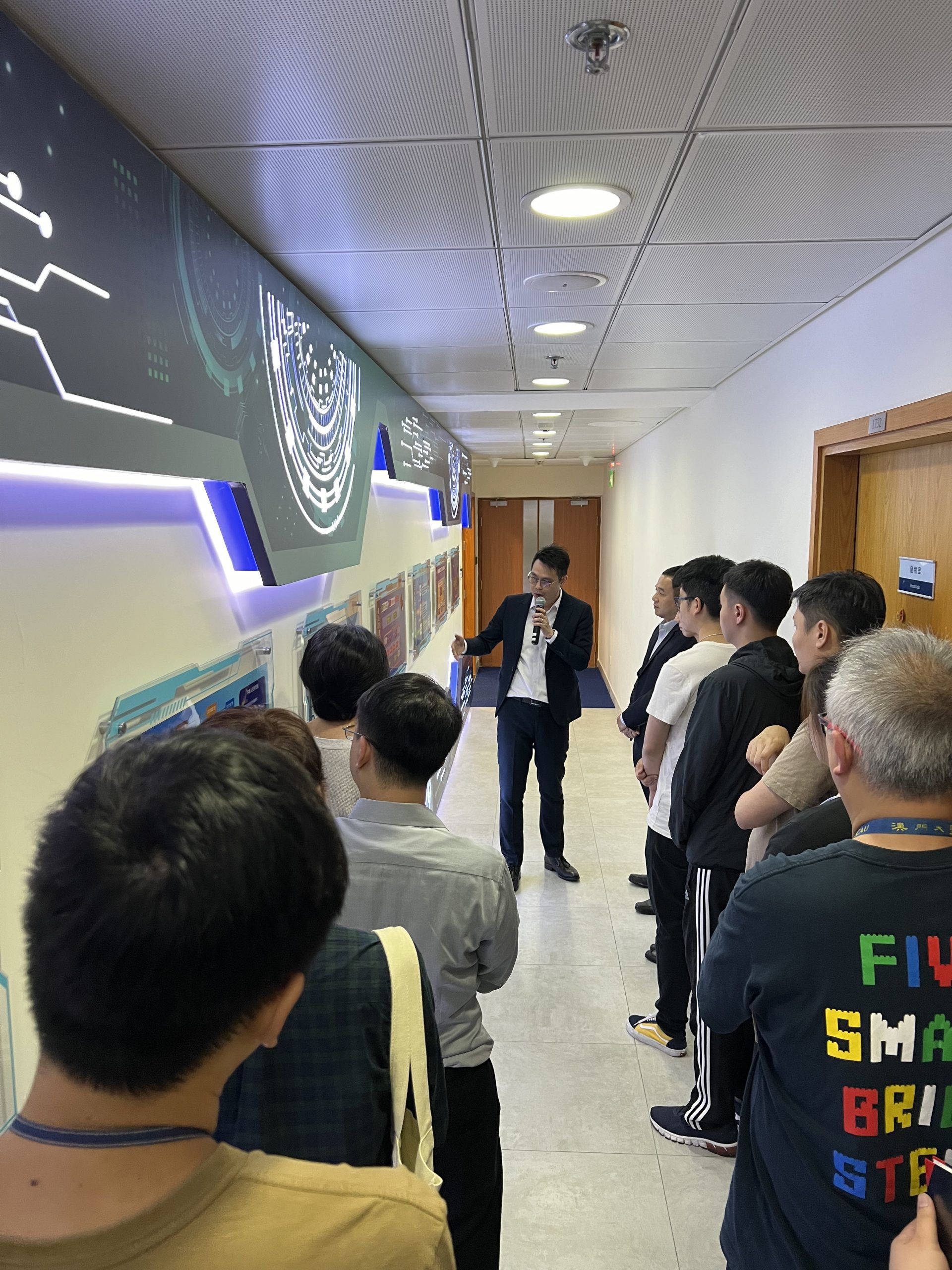Important Notice: Security vulnerability of Google Chrome browser (updated at 23 August 2024)
jovitatou2024-09-23T00:00:14+08:00
資訊安全警示 Information Security Alert
To: All Users
As informed by the Cybersecurity Incident Alert and Response Centre (CARIC), Google have recently issued security vulnerability about Chrome browser. This vulnerability is widely exploited.
- Please update to Google Chrome version 128.0.6613.84 (Windows/ Linux) or later, 128.0.6613.85 (Mac) or later
For more details, please refer to: https://chromereleases.googleblog.com/2024/08/stable-channel-update-for-desktop_21.html
Steps to update Google Chrome browser
- Open your Google Chrome browser on your desktop.
- Click the three vertical dots in the upper right corner to open the dropdown menu.
- Select “Settings“.
- Click “About Chrome” on the left-hand sidebar.
- Chrome will automatically check for updates or you can click the button “Update Google Chrome”.
- Restart the Chrome.
Reference
- How to download and install software in a secure manner?
- Basic Knowledge of Online Safety and Security
- Other Information Security Tips
Should you have any enquiries, please feel free to contact ICTO Help Desk.
ICTO Help Desk
Location : Room 2085, 2/F, Central Teaching Building (E5), eMap
Telephone : 8822 8600
email : icto.helpdesk@um.edu.mo
Information and Communication Technology Office
各位用戶:
資訊及通訊科技部接獲網絡安全事故預警及應急中心的通知,Google官方 近日發出有關於 Chrome 瀏覽器的多個安全漏洞,該漏洞亦正在被廣泛利用。
-
請更新至 Google Chrome 128.0.6613.84 (Windows/ Linux) 或之後版本, 128.0.6613.85 (Mac) 或之後版本
有關詳情可參考:https://chromereleases.googleblog.com/2024/08/stable-channel-update-for-desktop_21.html
更新Google Chrome瀏覽器”步驟
- 在電腦上開啟 Chrome;
- 按下右上方的 [更多](垂直三點圖示) ;
- 按下 [設定] ;
- 在左方菜單,按下[關於 Google Chrome];
- Chrome瀏覽器會自動進行更新,或可手動按下 [更新 Google Chrome] 進行更新;
- 重新啟動Chrome瀏覽器。
參考資料
如有任何疑問,請聯絡資訊及通訊科技部服務中心。
服 務 中 心
位置 : 中央教學樓東5座(E5)二樓2085室 (電子地圖)
電話 : 8822 8600
電郵 : icto.helpdesk@um.edu.mo
資訊及通訊科技部




